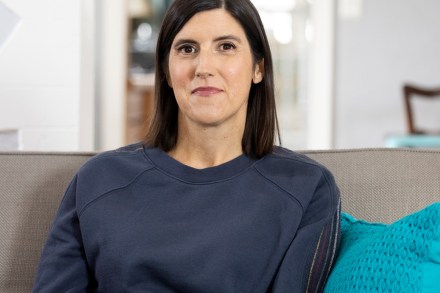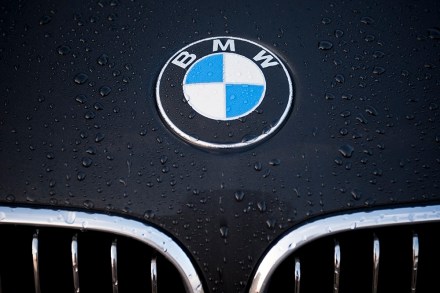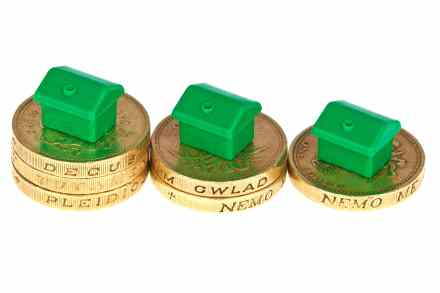Would you pay for your office Christmas party?
If Christmas is a time for giving then it seems the message isn’t getting through to nearly enough office managers. For the umpteenth year running, I’m getting the annual stream of resigned-sounding complaints from friends who have office-based careers. Office life has its perks, of course; unlike my mostly-bed-and-airport-based freelance life, you actually know what you’re going to be paid at the end of each month. But my decision to accept the Faustian pact of being a sole trader never feels more validated than when my pals tell me about the plan for their office Christmas party – and the demand that they pay for it themselves. Millions of workers




















